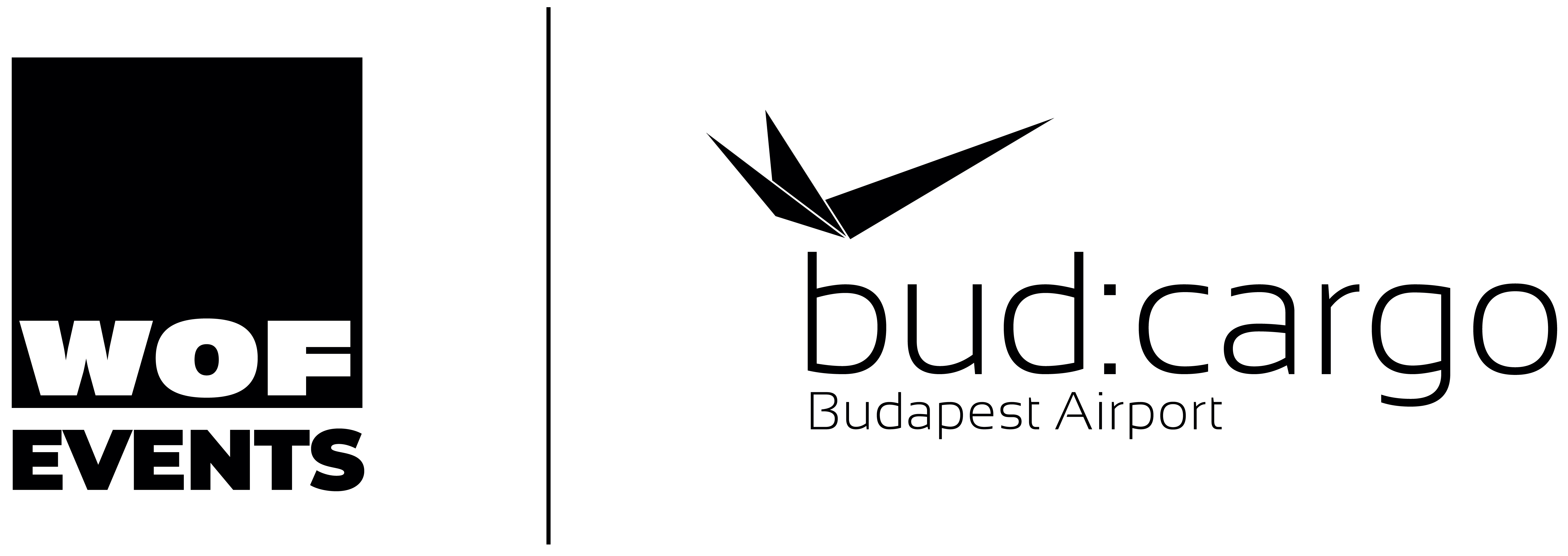Interview with Martin Baláž
| Mr. Martin Baláž as vice president, country manager for Czech Republic and Slovakia, is responsible for the company’s entire Czech and Slovak portfolio. He oversees leasing and development as well as property and project management activities, and leads investment projects in both countries. |
| 1. Automotive industry and E-Commerce are currently key players, which affect the logistics real estate sector in Slovakia. What would you say are the main reasons that Slovakia seems to have an attractive and strategic location for automotive industry players? Slovakia is an open economy with a strong export orientation to Germany. International players from the automotive sector, who place their production capacities in Slovakia, are very well aware of this fact. The advantage of Slovakia, especially Bratislava and western regions, is a sufficiently built infrastructure, still relatively good availability of land and labor, but especially an attractive international location with excellent access to European markets. These factors make Slovakia a competitive player that can attract key automotive companies. 2. Despite the COVID-19 pandemic, we have experienced significant demand for warehousing, distribution and fulfillment due to the rapid growth of E-Commerce sector. How did Prologis cope with the increased demand for warehousing premises? Our parks have long been attracting e-commerce companies and logistics companies that provide services to e-shops for quite a long time already. This is because of our cautious and future-ready location strategy, with a strong focus on the good accessibility of key consumer centers. As we are witnessing a growing demand for last-mile locations, our approach was proven to be right. We have an area for additional development in our parks, so we can respond to a new demand by building new speculative and tailor-made projects. However, it should be noted that demand is growing much faster than offer and we expect this trend to continue in the long run, even after the pandemic, which will translate into higher pressure on land prices and rent levels. Our strategy remains to further develop our strategically located parks, thus making the key locations available to e-commerce and other companies. 3. Without a doubt, the established e-commerce players are looking to expand their success abroad. The rapid growth goes hand in hand with choosing the strategic warehouse-logistics premises for their further development. What criteria are your clients looking at when deciding on a suitable location? Generally speaking, customers consider the availability of key markets and large consumer centers. The expectations of end consumers for the quality of logistics services and delivery times are constantly growing, and therefore e-commerce companies are looking for ways to meet these demands and stay competitive. Strategically located logistics properties with the possibility of last-mile delivery are clearly key for them in this regard. 4. What Smart solutions have you implemented at Prologis buildings? Can the customer choose tailor-made solution that could help to increase their efficiency, optimise processes and increase the sustainability at the same time? We build all our facilities with the expectation of a certain degree of automation. Of course, there are solutions such as a system for remote control and monitoring of energy consumption, efficient LED lighting, which we are now improving with motion and daylight intensity sensors. In addition, we implement both proven and tailor-made solutions to improve efficiency of our customers’ operations. Of course, the specific solutions always depend on the individual needs of each customer. At Prologis, we take enough time to understand and our customers’ businesses, so that we can provide them with high-quality solutions and services. 5. Automation plays a huge role in the development of logistics operations. Are the Prologis customers making big investments in automation? Data from Prologis Research suggests that prior to the pandemic, the pressure on automation solutions increased rather slowly. However, the new market situation has forced companies, whose businesses are growing, to think about how to make the most of every square meter of their property. Moreover, the demand for last-mile facilities is growing significantly and the possibilities of new construction in urban areas are limited. Those interested in logistics space in urban locations will therefore have to look for ways to get the most out of their space, and automation is such solution. 6. What is your opinion about positioning WOF EXPO in Central and Eastern Europe region? Central and Eastern Europe is undoubtedly an attractive region for the logistics real estate segment. This is evidenced by the number of emerging projects and the high interest in premises located in this part of Europe. As our activities and their impact grow, it is a must for us to stay responsible towards local communities and the environment. We definitely welcome this platform as a space for the discussion and sharing ideas on how to improve logistics real estate in this specific region. Prologis strives to provide customers with value beyond the four walls and roof, and I think WOF is a great opportunity to talk about the fact that doing business in the logistics real estate sector is not about building warehouses anymore. |
 | Prologis, Inc. is the global leader in logistics real estate with a focus on high-barrier, high-growth markets. As of March 31, 2021, the company owned or had investments in, on a wholly owned basis or through co-investment ventures, properties and development projects expected to total approximately 92 million square meters in 19 countries.
Prologis leases modern logistics facilities to a diverse base of approximately 5,500 customers principally across two major categories: business-to-business and retail/online fulfillment.
www.prologisce.eu |

